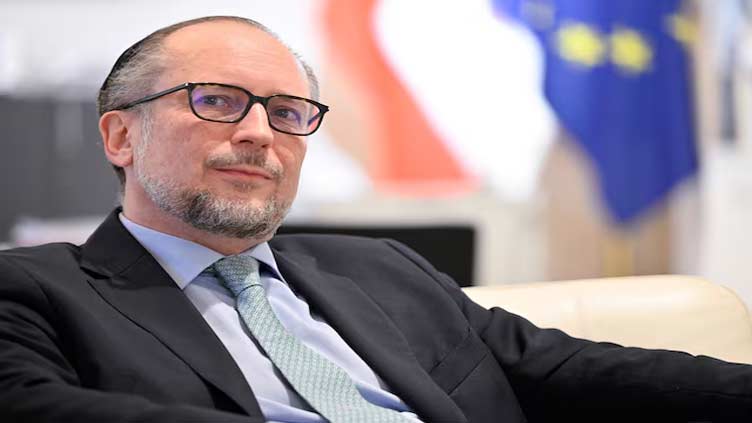Austria unsure when deportations to Syria might start

World
Interior Ministry said it was suspending processing of Syrians' asylum applications
VIENNA (Reuters) - Austria's potential forced deportation of Syrian refugees back to their changed homeland can only occur when it is safe, Foreign Minister Alexander Schallenberg told Reuters, adding that it was impossible to predict timings.
Schallenberg was clarifying his government's position after conservative Chancellor Karl Nehammer pounced on the fall of longtime ruler Bashar al-Assad to call for a reassessment of security in Syria so as to enable the sending back of refugees.
As with many centrist parties in Europe, Nehammer's People's Party (OVP) is under pressure from the far right, which like him takes a hard line on immigration. The eurosceptic, Russia-friendly Freedom Party (FPO) won September's parliamentary election but Nehammer has been tasked with forming a government.
OVP Interior Minister Gerhard Karner said on Monday his ministry would prepare a repatriation and deportation plan for Syrians, without explaining how that would be implemented.
"It is the most normal and sensible thing in the world to say that when it is possible, we will do it immediately," Schallenberg said.
"I don't know (when). Can you see into the future?"
As part of Monday's announcement, the Interior Ministry said it was suspending processing of Syrians' asylum applications and the family reunification process for relatives.
Austria was among the first of more than a dozen European countries to announce such a suspension. It has also said it will support voluntary deportations for Syrians.
Syrians fleeing civil war were a large proportion of the more than 1 million people who made their way to Germany and neighbouring Austria during Europe's 2015-16 migration crisis.
They are the biggest group of asylum-seekers in Austria.
Schallenberg said the situation in Syria would take time to become clear. "The worst-case scenario is, of course, the development of a failed state, so to speak, which cannot be governed in reality. A Libya 2.0, if you like. We will have to watch that closely."


